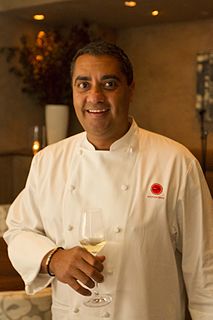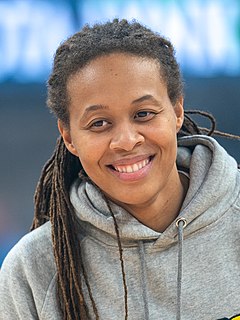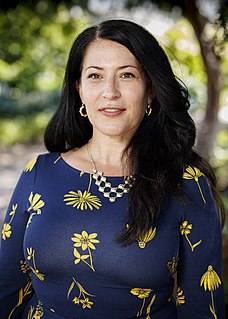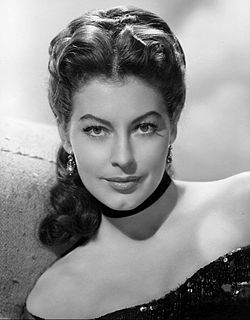A Quote by John D'Agata
I never really understood the idea that nonfiction ought to be this dispensary of data that we have at the moment. Also, roughly around the time we were doing this fact-checking. And I never really understood why people think what nonfiction's job is to give them information as opposed to something else.
Related Quotes
I think, about the distinction between fiction and nonfiction. Fiction is not really about anything: it is what it is. But nonfiction - and you see this particularly with something like the BBC Samuel Johnson Prize for Non-Fiction - nonfiction we define in relation to what it's about. So, Stalingrad by Antony Beevor. It's "about" Stalingrad. Or, here's a book by Claire Tomalin: it's "about" Charles Dickens.
I've done and said a lot of things when I was younger that I don't know if I even understood what I was doing or why I was doing it. There's a lot of compassion in understanding what people go through and even in trying to understand why a person would act the way they do. I was a very reactive person, and I did things that were just really bizarre; I don't think people understood it at all.
Nietzsche, who you don't spend too much time with after the age of seventeen, did have that one great line about "he who stares into the abyss must know that the abyss also stares into him" and I never really understood that until my friend got killed and you really get your head around the idea of what horror means. It's a truly awful thing, to really, kind of have that understanding of things and when you really peer into that.
I think, as poets, we are in the odd position of constantly defending our art form. Which is funny and also sort of invigorating, too. No one really says, "Oh you're a lawyer? I've never understood the law. In fact, I kind of hate it." Or, "Oh you wait tables? I didn't know that was something people did." I say it can be invigorating because, on some level, we have to evaluate what we do and why we do it almost daily. We have to explain ourselves to people all the time. We have to say, "Yes, I am a unicorn, believe in me."
I really loved my dogs. Everyone laughs at me for it, but it's true. The time I spent with them, running, hunting, those were the happiest times of my life. They understood me. They were animals but they understood me far better than anyone in my family ever will. We shared something, we were the same. And they made me kill them.



































